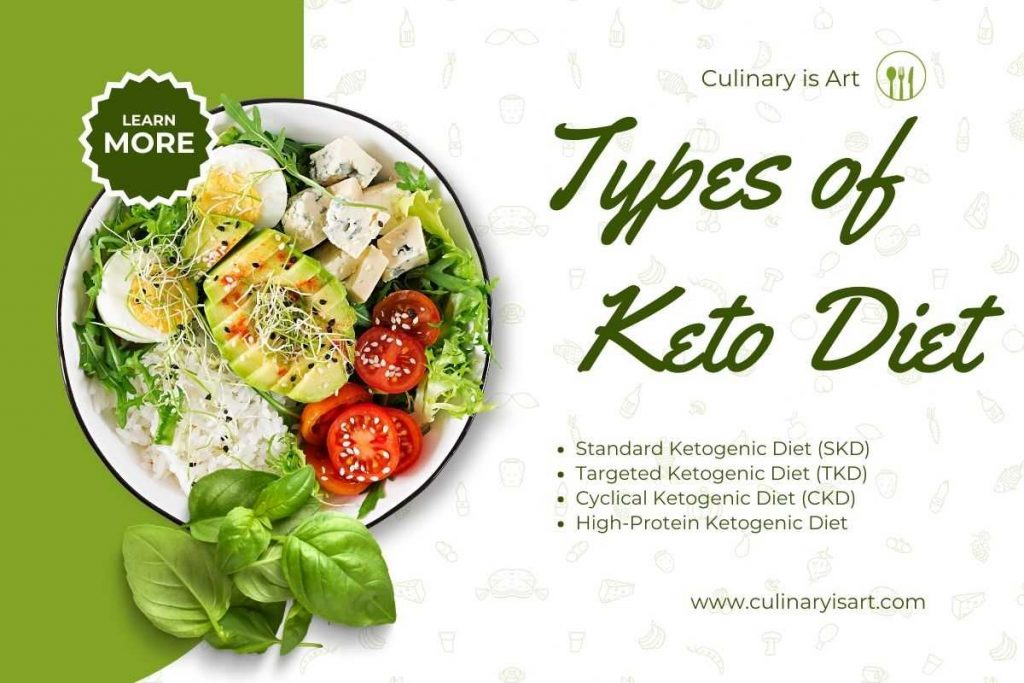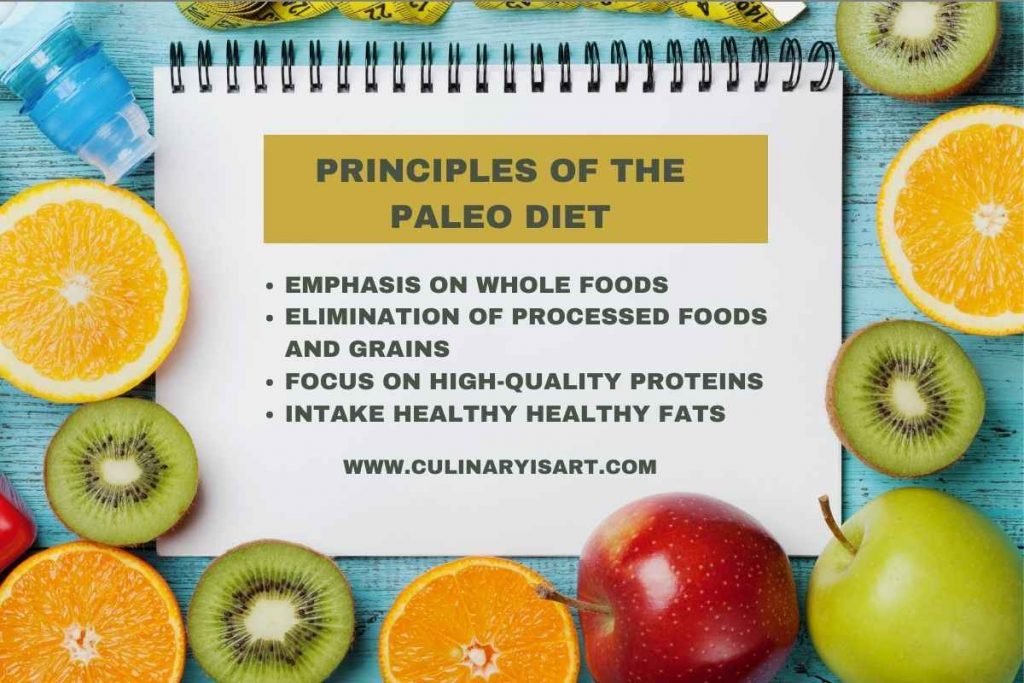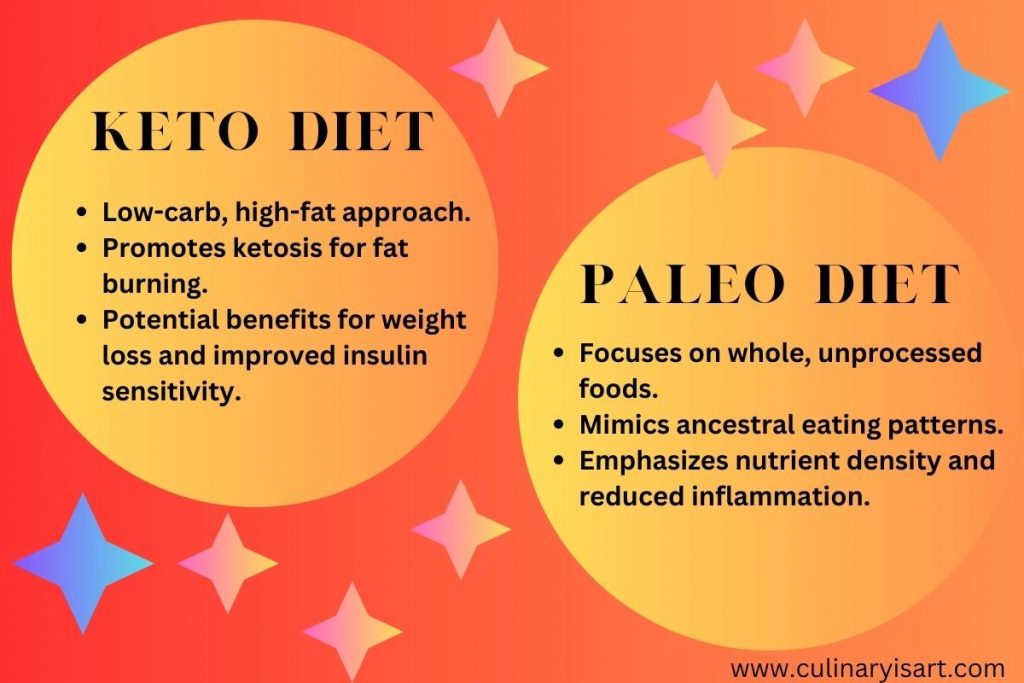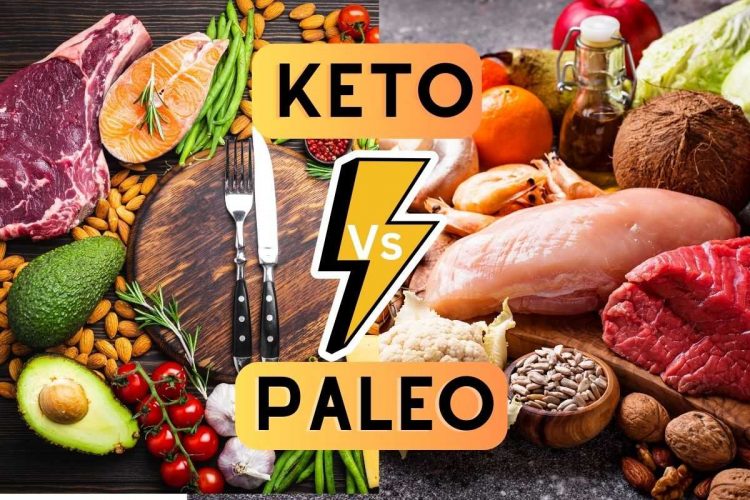In the search for a healthier lifestyle, two popular diets have risen to the forefront: the Keto Diet and the Paleo Diet. These diets have garnered attention for their potential benefits, but they also have distinct differences. Let’s dive into the complexities of both diets to help you make an informed choice that suits your unique goals and preferences.
Choosing the Right Path to Health
When it comes to transforming your eating habits, the Keto Diet and the Paleo Diet stand out as two potential avenues to consider. Both diets have their own unique principles and claimed benefits, but making the right choice requires a deep understanding of what each diet entails.
Understanding the Keto Diet
Before anything you have to understand what is keto diet. How does it work and what are its potential benefits?
What is the Keto Diet?
The Keto Diet, short for Ketogenic Diet, is a low-carbohydrate, high-fat eating plan designed to shift your body into a state of ketosis. Ketosis occurs when your body relies on fat for fuel, producing ketones that provide energy instead of glucose.
How does the Keto Diet work?
The primary objective of the Keto Diet is to induce ketosis. When carbohydrates are limited, the body turns to fat stores for energy, breaking them down into ketones. These ketones serve as an alternative fuel source, especially for the brain, which typically relies on glucose.
Benefits of the Keto Diet
Proponents of the Keto Diet suggest that it can lead to rapid weight loss due to the body’s reliance on fat stores for fuel. Additionally, some individuals report improved mental clarity and enhanced energy levels while on the diet. There is also ongoing research into the potential therapeutic effects of the Keto Diet for conditions like epilepsy and diabetes.

Exploring the Paleo Diet
Now that you have learned what is the keto diet. It is time to understand what is paleo diet. What are its principles and potential benefits?
What is the Paleo Diet?
The Paleo Diet, short for Paleolithic Diet, draws inspiration from the dietary habits of our ancient ancestors. The fundamental idea is to consume foods that were available to humans during the Paleolithic era, which includes lean meats, fish, fruits, vegetables, nuts, and seeds.
Principles of the Paleo Diet
The core principle of the Paleo Diet is to focus on whole, unprocessed foods. This means eliminating or minimizing the intake of grains, dairy, legumes, and processed foods. The diet emphasizes foods that our hunter-gatherer ancestors would have consumed, making it inherently low in processed sugars and additives.
Benefits of the Paleo Diet
Proponents of the Paleo Diet claim that it can lead to improved digestion, stabilized blood sugar levels, and weight loss. The diet’s emphasis on nutrient-dense foods provides essential vitamins, minerals, and antioxidants that support overall health.

Keto Diet Vs. Paleo Diet: Similarities
Both the Keto and Paleo diets share certain commonalities that contribute to their popularity:
Emphasis on whole foods: Both diets prioritize real, whole foods over processed options, promoting better nutrition.
Potential weight loss: Both diets can lead to weight loss, although the mechanisms differ.
Improved energy levels: Followers of both diets often report increased energy and reduced energy crashes.
Keto Diet Vs. Paleo Diet: Differences
While there are similarities, the Keto and Paleo diets also have distinct differences that influence their approaches to health:
Macronutrient composition: The Keto Diet is high in fats, moderate in protein, and extremely low in carbs. In contrast, the Paleo Diet balances protein, carbohydrates, and fats from natural sources.
Permitted and restricted foods: Keto restricts carb-rich foods, even some fruits and vegetables. Paleo excludes grains, legumes, and dairy but allows natural sugars from fruits.
Evolutionary perspective: The Paleo Diet is rooted in ancestral eating habits, while the Keto Diet focuses on manipulating metabolism for specific outcomes.

Keto Diet Vs. Paleo Diet: Weight Loss
When it comes to weight loss, the Keto and Paleo diets offer distinct approaches. The Keto diet focuses on very low carbohydrate intake, pushing the body into ketosis, where it burns fat for energy.
In contrast, the Paleo diet centers on whole foods similar to those of our ancestors, eliminating processed foods. Both diets can lead to weight loss, but Keto relies on carb restriction, while Paleo emphasizes natural, unprocessed options. Your choice should align with your preferences and your body’s response.
Consulting a Professional
Before making any significant dietary changes, especially those as restrictive as the Keto or Paleo diets, consulting a healthcare professional or registered dietitian is essential. They can help assess your individual health status, provide personalized recommendations, and monitor your progress. These experts can guide you in making informed decisions that align with your health goals and ensure that you’re meeting your nutritional needs.
Frequently Asked Questions
Both diets can lead to weight loss, but the approach differs. The Keto Diet relies on ketosis, while the Paleo Diet emphasizes whole foods.
Both diets can be adapted for various age groups, but consulting a doctor is advisable, especially for children, pregnant women, or the elderly.
Yes, it’s possible but more challenging. The Keto Diet heavily relies on animal products for its high-fat content and protein intake. Vegetarians can include eggs, dairy, and plant-based fats like avocado and nuts. Vegans can opt for coconut oil, olive oil, and non-starchy vegetables, but careful planning is needed to ensure adequate protein intake. Plant-based protein sources like tofu, tempeh, and seitan can be incorporated.
The impact on cholesterol varies among individuals. The Keto Diet might initially lead to increased LDL cholesterol, but it’s important to distinguish between small, dense LDL (potentially harmful) and large, fluffy LDL (less concerning). Monitoring cholesterol levels and consulting a healthcare professional are recommended. The Paleo Diet’s emphasis on whole foods can lead to improved cholesterol profiles for some due to its focus on healthy fats and fiber. However, individual responses differ, highlighting the need for personalized monitoring.
Conclusion
In the Keto diet vs. Paleo diet debate, there’s no one-size-fits-all answer. Both diets offer unique advantages. It’s essential to prioritize nutrient intake, food quality, and long-term sustainability. Tell me which diet are you following? And what are your thoughts on keto diet or paleo diet?
Victoria Cornell is an experienced entrepreneur and blogger. She loves to write about a variation of topics including, motherhood, recipes and mindset and manifestation!


























I loved this blog and the way how you explained it. Just amazing